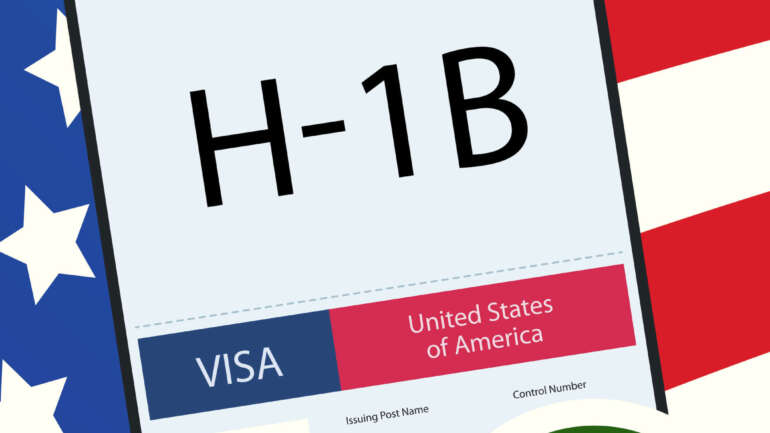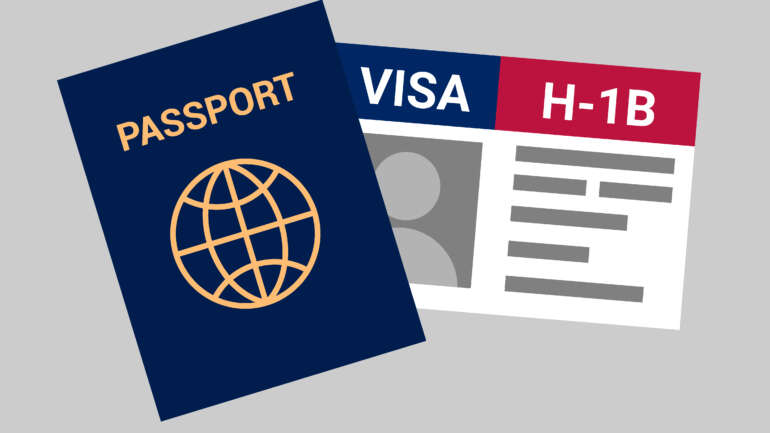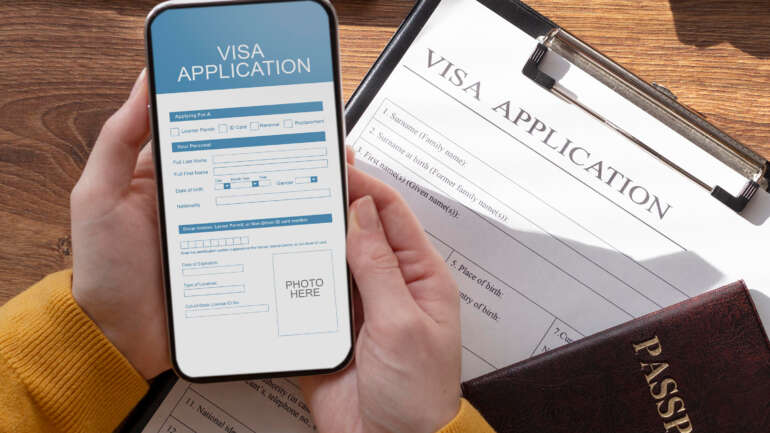USCIS has attained the required number of petitions to meet the set limits for H-1B visas for the fiscal year 2024. They have sent non-selection notifications to applicants. USCIS will continue processing certain exempt petitions and extensions for existing H-1B workers, along with petitions for changes in employment terms, employers, or additional positions. Remzi Guvenc Kulen Esq. Kulen Law Firm…



